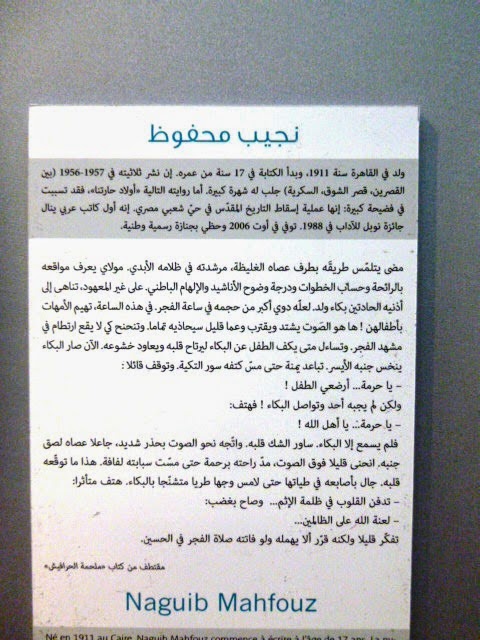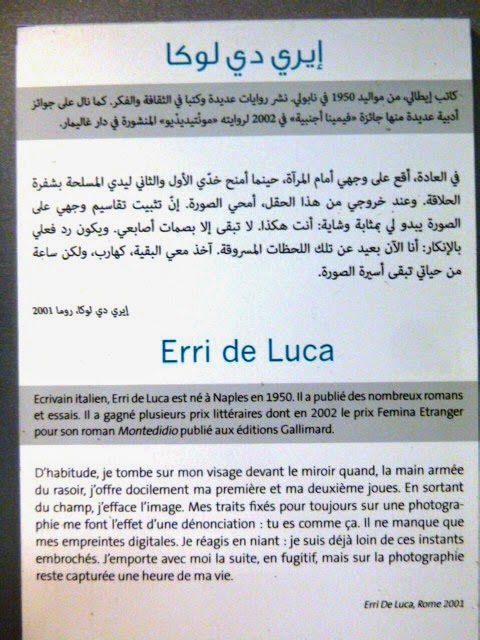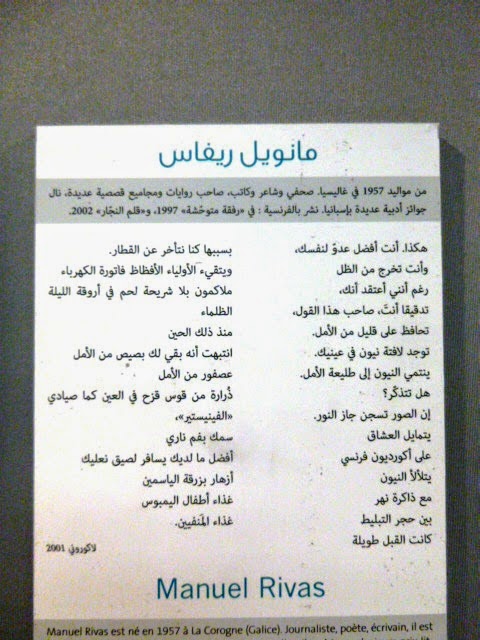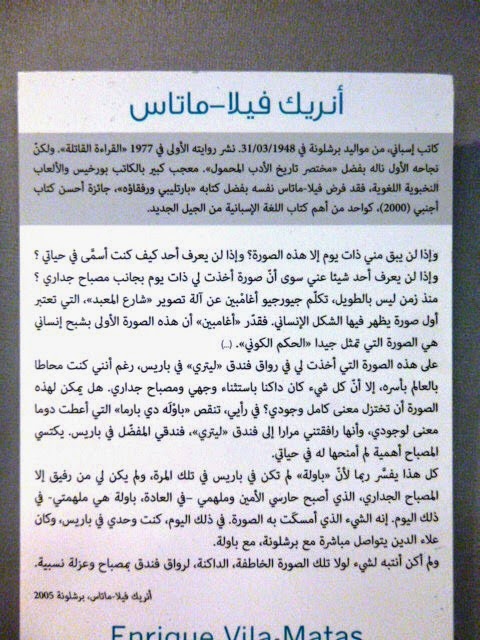The International Festival of Literature and Young people's Literature (FELIV) opened in Algiers on 11 June and will close on 20 June.
Publishers, authors and the public are meeting to browse, discuss and debate literature produced around the world, its place and its future. Many authors were invited and many are to be found having chatting around the esplanade of Riadh El Feth, signing copies for readers, and posing with them for photos. Books presented by publishing houses are in French and Arabic. Debates are held in French.
As part of the Festival, photographer Francesco Gattoni put together an exhibition of his photographs of "Authors Around the World". 50 writers' portraits are to be found in three stations of Algiers' metro: Tafourah, Les Jardins d'Essai and Les Fusilés. Next to each portrait, a presentation of the author and a text in French and Arabic speaks of the author, presents excerpts of an author's work or lets the author speak.
For those who can't make it, here are the portraits exhibited in Tafourah and Les Jardins d'Essais. They should give you great ideas for your next reads over the next few months.
Metro Station : Tafourah
Wendy Guerra - Cuba
Bernard Wallet - France
Yahia Belaskri - Algeria
Valerio Evangelisti - Italy
Annie Ernaud - France
W.G. Sebald - Germany
Julien Delmaire - France
Naguib Mahfouz - Egypt
Dany Laferrière - Haiti/Canada
Fernando Arrabal - Spain
Rawi Hage - Canada
Maurice Nadeau - France
Sordj Chalandon - France
James Noel - Haiti
Metro Station : Les Jardin d'Essais
Anouar Benmalek - Algeria
Ivan Thays - Peru
Gary Victor - Haiti
Sergio Ferrero - Italy
Edouard Glissant - Martinique
Eduardo Berti - Argentina
Erri de Luca - Italy
Karla Suarez - Cuba
Luis Sepulveda - Chile
Pietro Citati - Italy
Reina Maria Rodriguez - Havana
Alfredo Pita - Peru
Günter Grass - Germany
Ismail Kadare - Albania
Leonora Miano - Cameroon
Arnaldur Indridason - Iceland
Manuel Rivas - Spain
Susan Sontag - America
Enrique Vila Matas - Spain
Has anyone been to Les Fusilés metro station?

































































































Comments